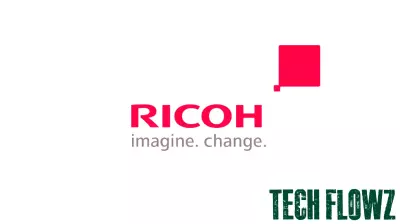Navigating the Complexities of Technology Budget Planning and Allocation
May 12, 2025 - 01:48

Technology budget planning and allocation can be a complex challenge for many organizations. As businesses increasingly rely on technology to drive growth and efficiency, effective budgeting becomes essential. Organizations must carefully assess their needs, prioritize investments, and allocate resources wisely to ensure they can keep pace with rapid advancements.
One of the first steps in this process is to conduct a thorough analysis of current technology expenditures. Understanding where funds are being spent can help identify areas for potential savings or reallocation. Additionally, organizations should engage in strategic forecasting to anticipate future technology needs based on emerging trends and business objectives.
Collaboration among departments is crucial. Involving key stakeholders in the budgeting process ensures that all perspectives are considered, leading to more informed decisions. Furthermore, organizations should establish clear metrics for evaluating the return on investment (ROI) of technology initiatives, allowing for better accountability and adjustments in future budgets.
Ultimately, a well-structured technology budget not only supports immediate operational needs but also positions organizations for long-term success in an ever-evolving digital landscape.
MORE NEWS

February 14, 2026 - 07:40
Hope and technology can push Nancy Guthrie investigation forward as case nears 2-week markAs the investigation into the disappearance of Nancy Guthrie approaches the two-week mark, authorities are emphasizing that the passage of time does not diminish hope. Instead, modern investigative...

February 13, 2026 - 11:22
Ricoh acquires leading process automation and document management technology company ValueTech in Chile | GlobalRicoh has significantly bolstered its digital services portfolio in Latin America with the acquisition of ValueTech, a prominent Chilean technology company. The deal, finalized by Ricoh Chile S.A.,...

February 12, 2026 - 00:53
How technology amplified Black music's cultural exchange : World Cafe Words and Music PodcastThe digital revolution has fundamentally transformed how Black music travels, evolves, and sparks global dialogues. Where once the exchange of sounds was limited by geography and distribution,...

February 11, 2026 - 03:29
Drone technology has come a long wayAgricultural experts are highlighting the rapid evolution of drone technology, which has become an indispensable tool for modern farming in less than a decade. According to a prominent agronomist...